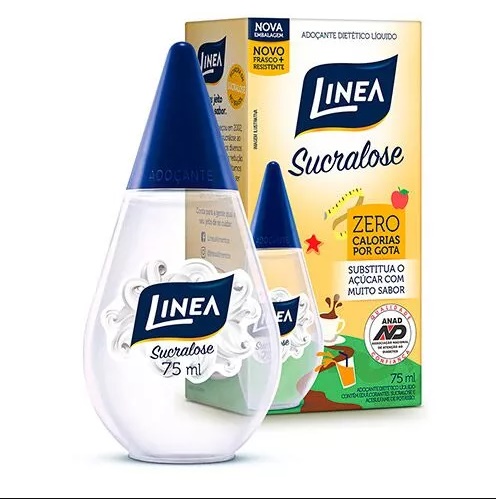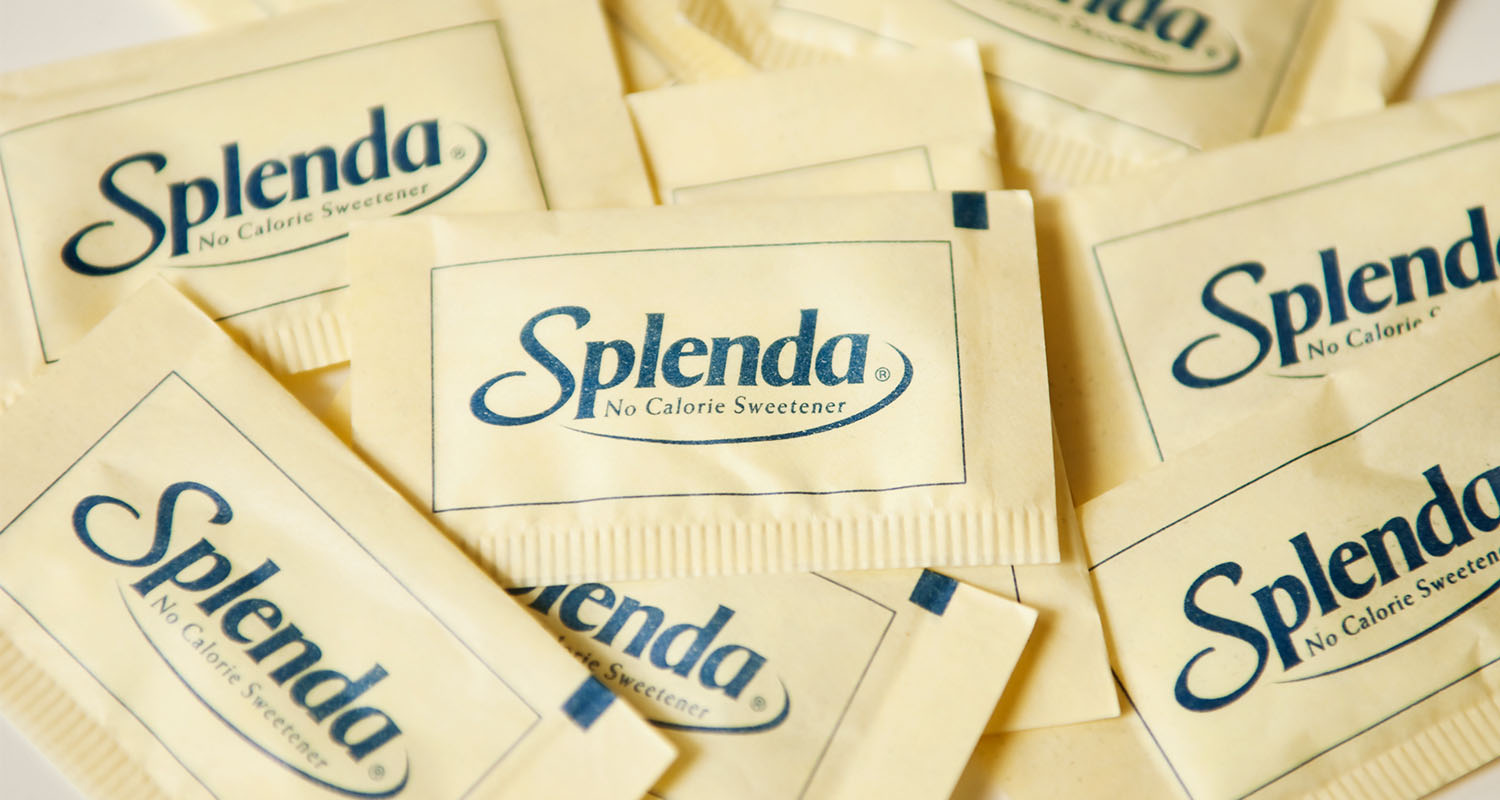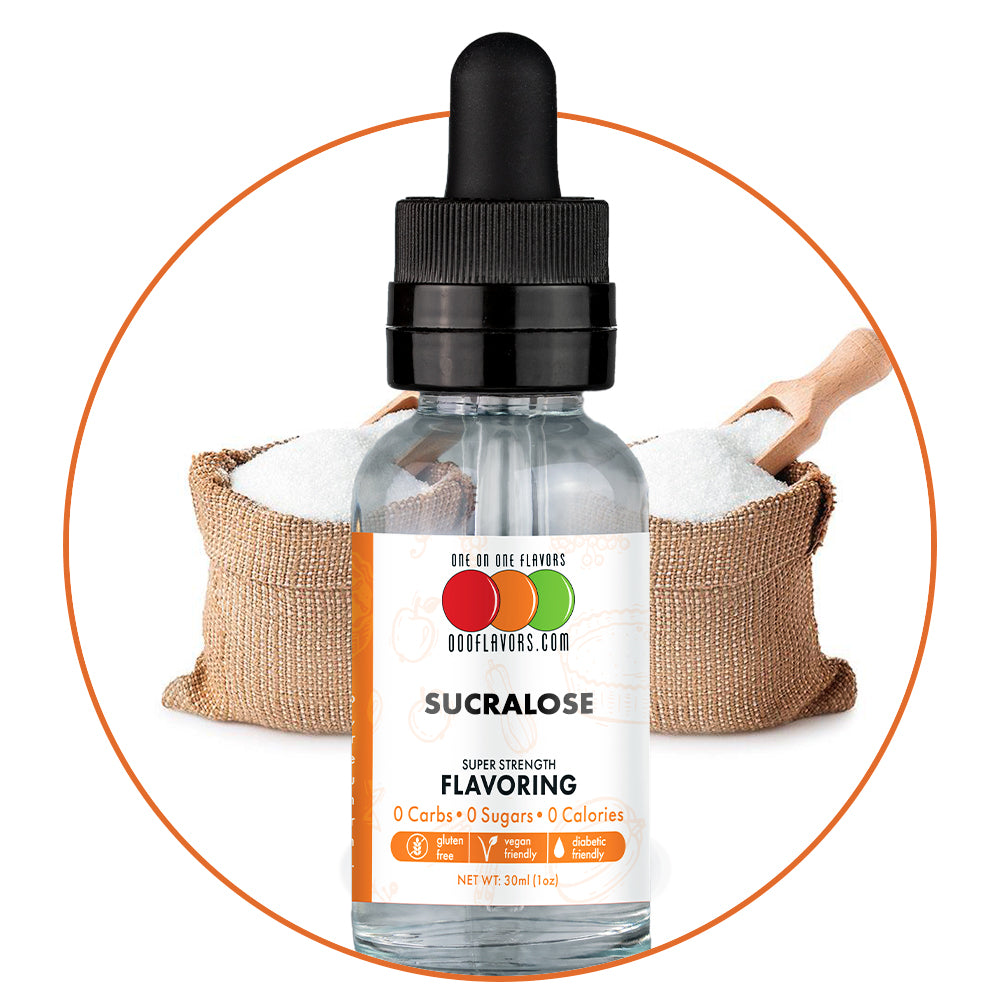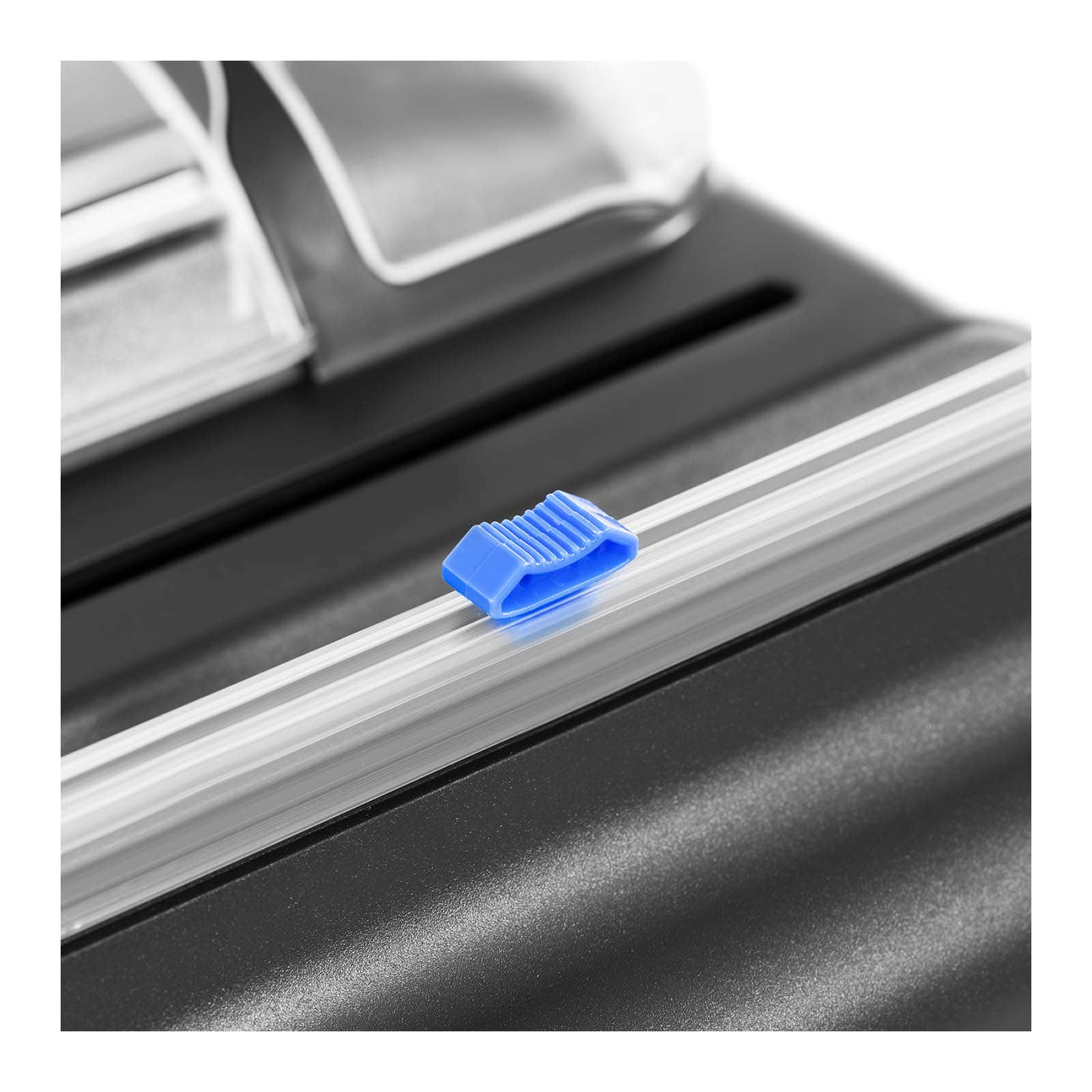
What Is Sucralose? A Comprehensive Guide to Understanding This Artificial Sweetener
What Is Sucralose? A Comprehensive Guide to Understanding This Artificial SweetenerIf you're interested in health and wellness, you've likely come across sucralose, an artificial, calorie-free sweetener, often marketed under the brand name Splenda. While you may have seen it as an ingredient in low-calorie snack foods
Discover everything you need to know about sucralose, the popular artificial sweetener.
Offering unmatched value, the Atlas Pro Bundle is designed for those set on maximizing their potential. That means more bars for less so that you can stay fueled and go further.
Order 4 boxes and get your 5th for free. Contains 60 bars.
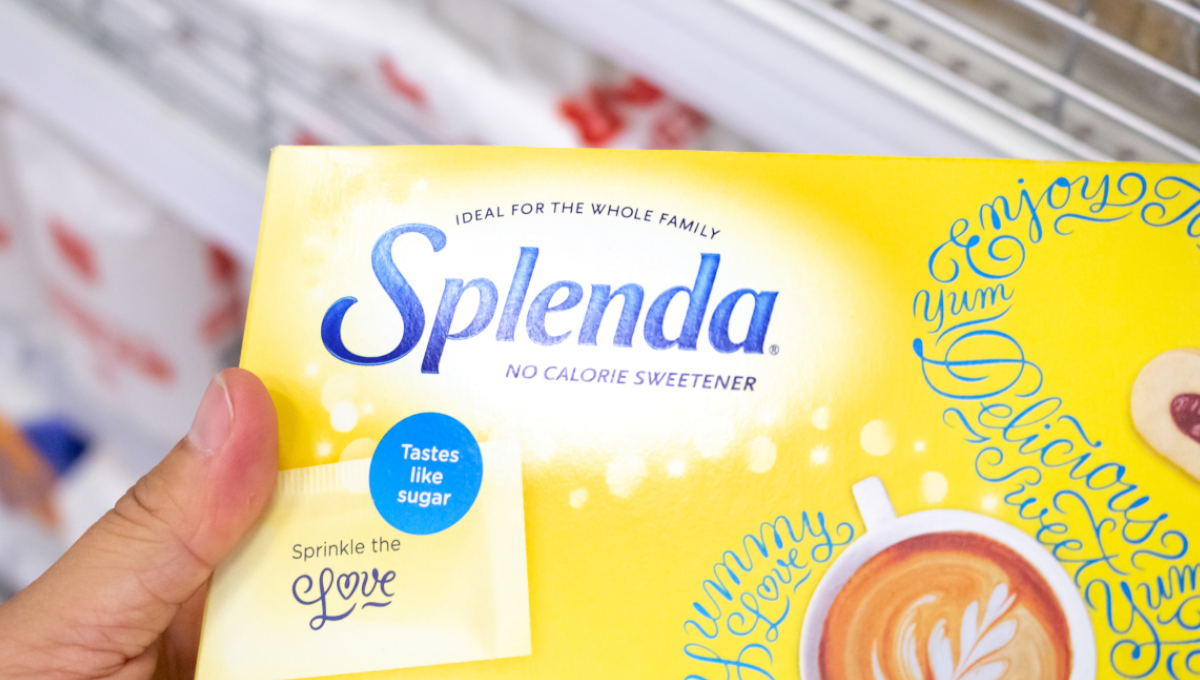
New study raises concerns about safety of commonly used artificial sweetener
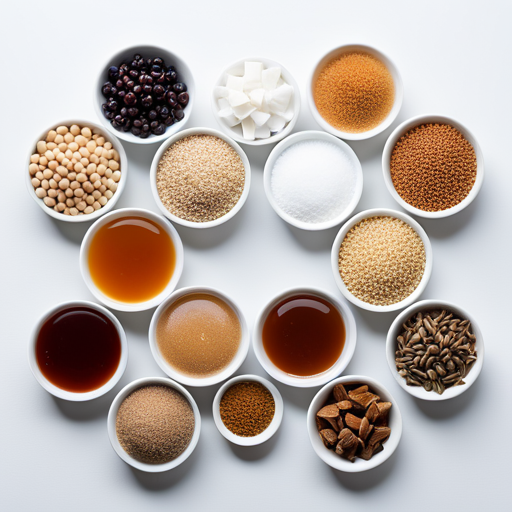
Types of Sweetener: A Comprehensive Guide to Choosing the Best Option

Artificial Sweetener Buying Guide
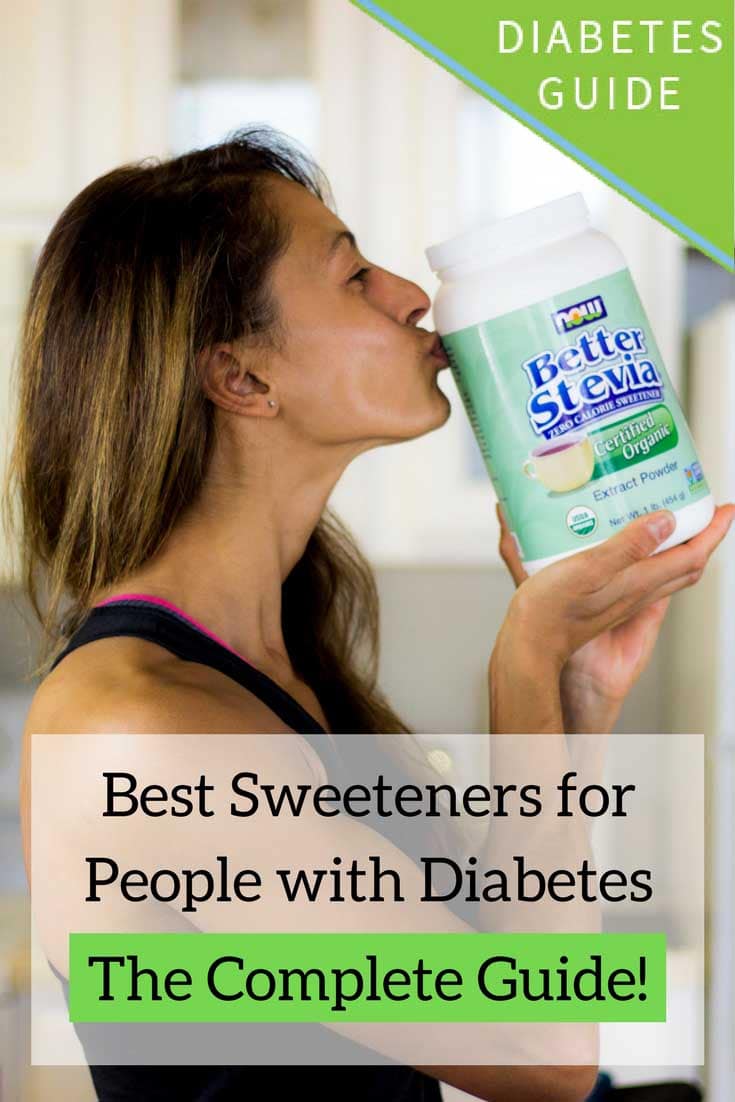
The Best Sweeteners for People with Diabetes - Diabetes Strong

What Is Sucralose? A Comprehensive Guide to Understanding This Artificial Sweetener

Splenda® (Sucarlose) and IBS Jenna Volpe, RDN, LD, CLT- Functional Dietitian and Clinical Herbalist

Isolation and Derivatization of Sucralose from an Artificial Sweetener to Provide a Hands-On Laboratory Experiment Emphasizing Synthesis and Purification
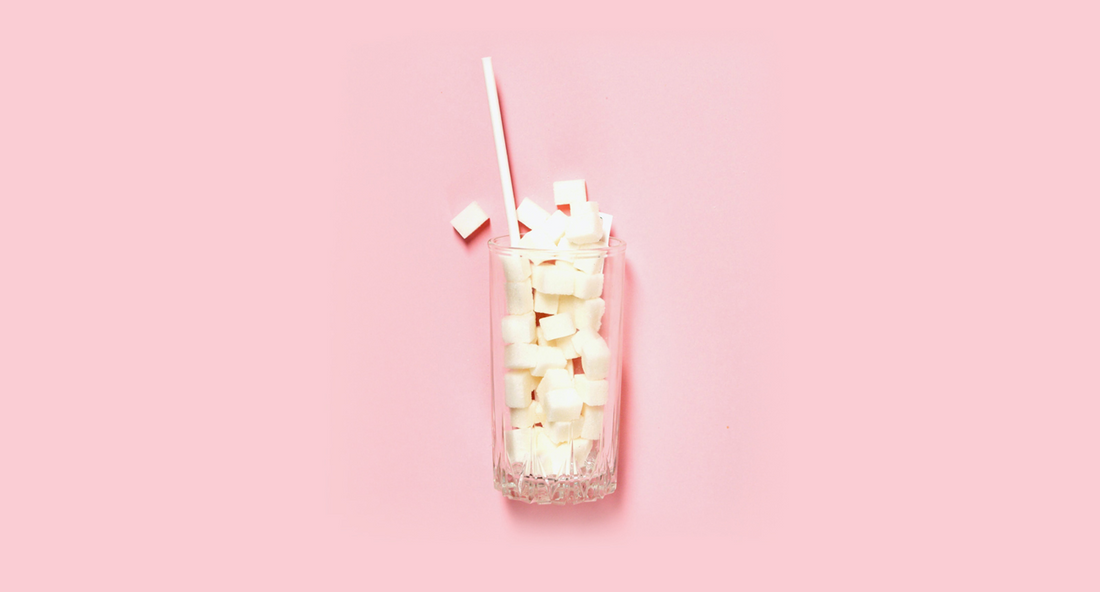
The Truth About Sweeteners

The Safety of Artificial Sweeteners for Pets: A Comprehensive Guide – Julibee's

Low-calorie sweeteners in the human diet: scientific evidence, recommendations, challenges and future needs. A symposium report from the FENS 2019 conference, Journal of Nutritional Science

Artificial Sweeteners Make You Eat More Unhealthy Foods - The Atlantic

A Diabetic's Guide to Sweeteners: the best sweetener to choose
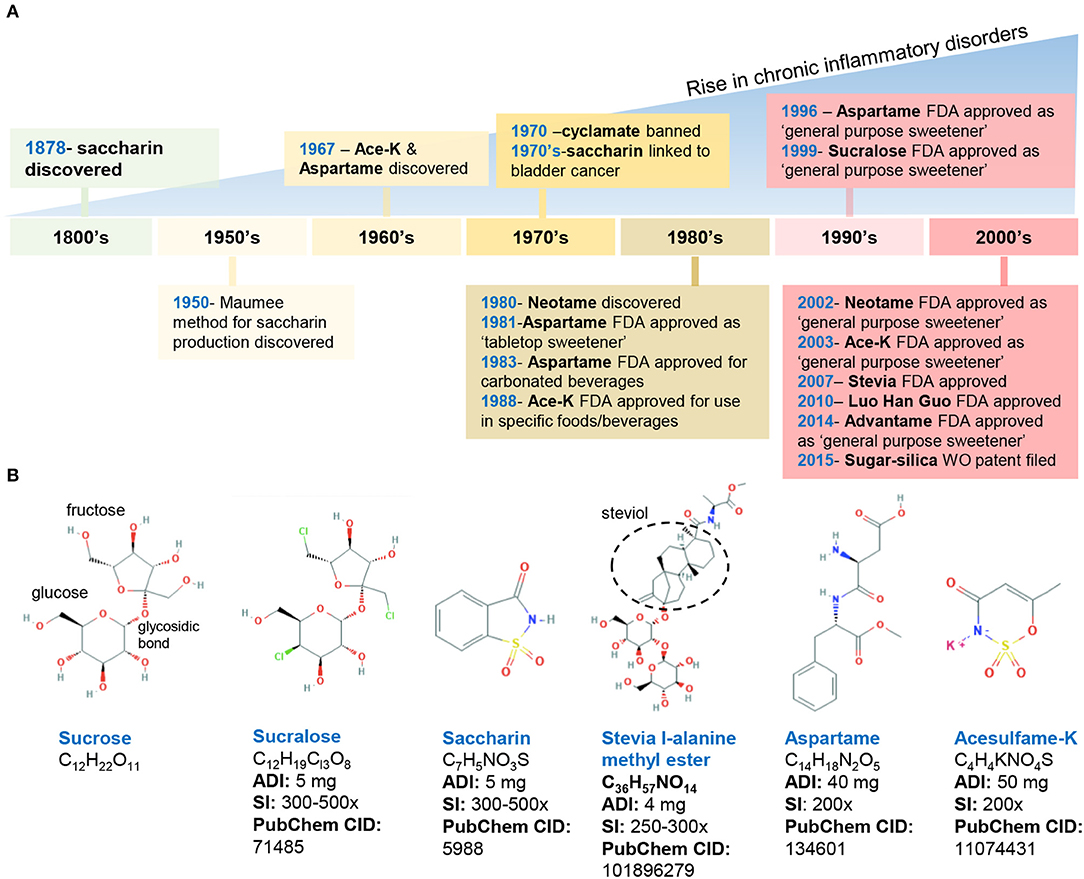
Frontiers Artificial Sweeteners: History and New Concepts on Inflammation

Artificial sweeteners and risk of cardiovascular diseases: results from the prospective NutriNet-Santé cohort
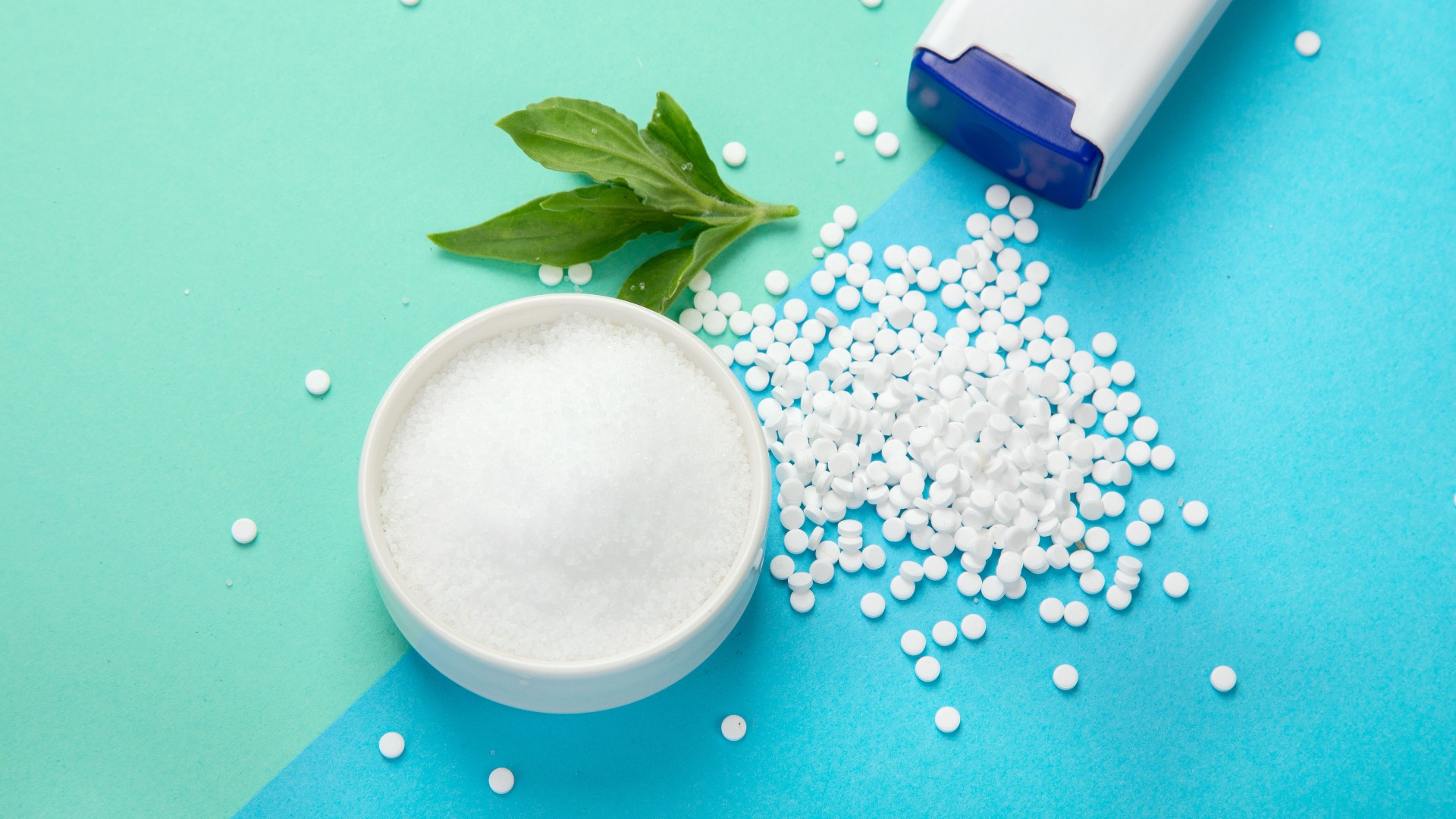
Are artificial sweeteners bad for you?

